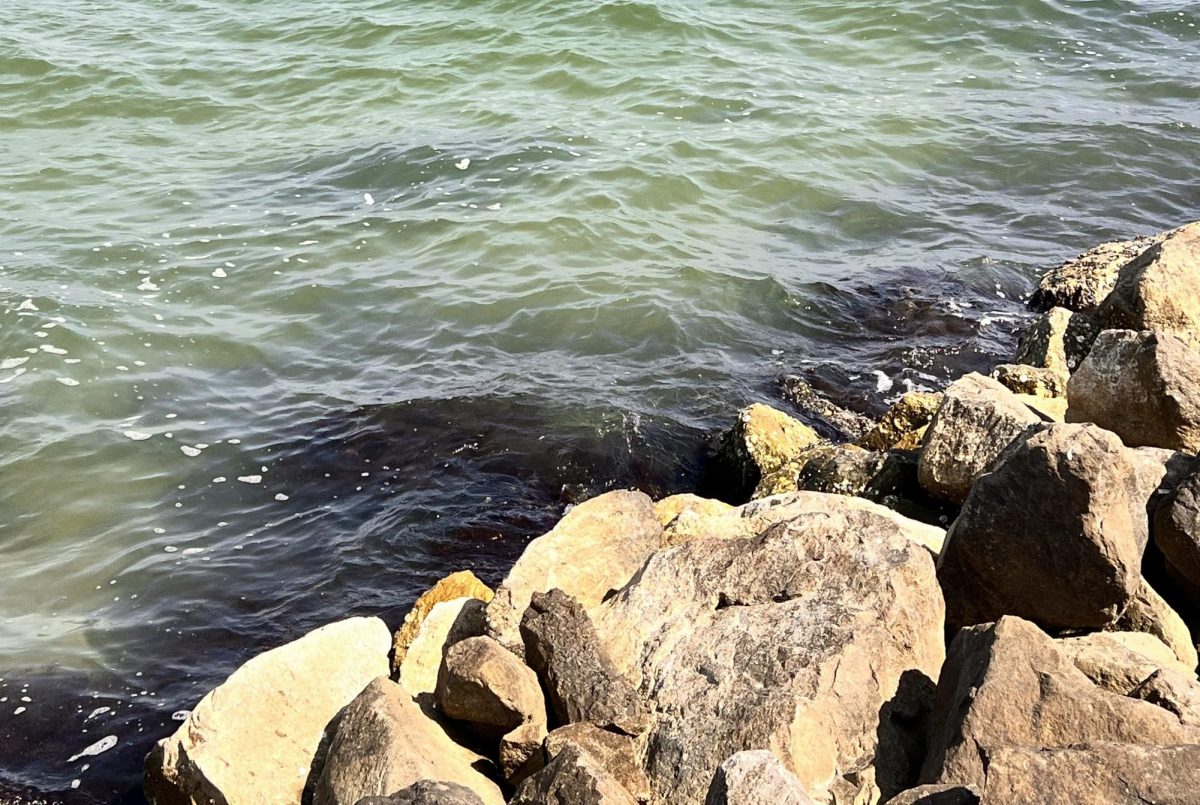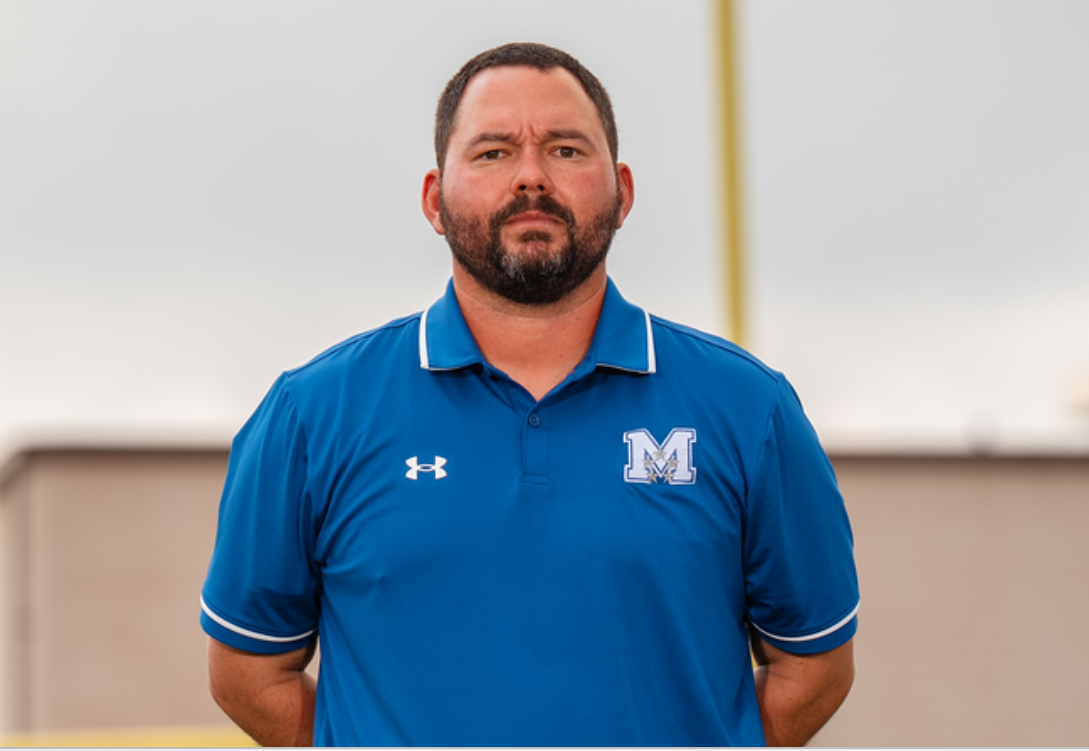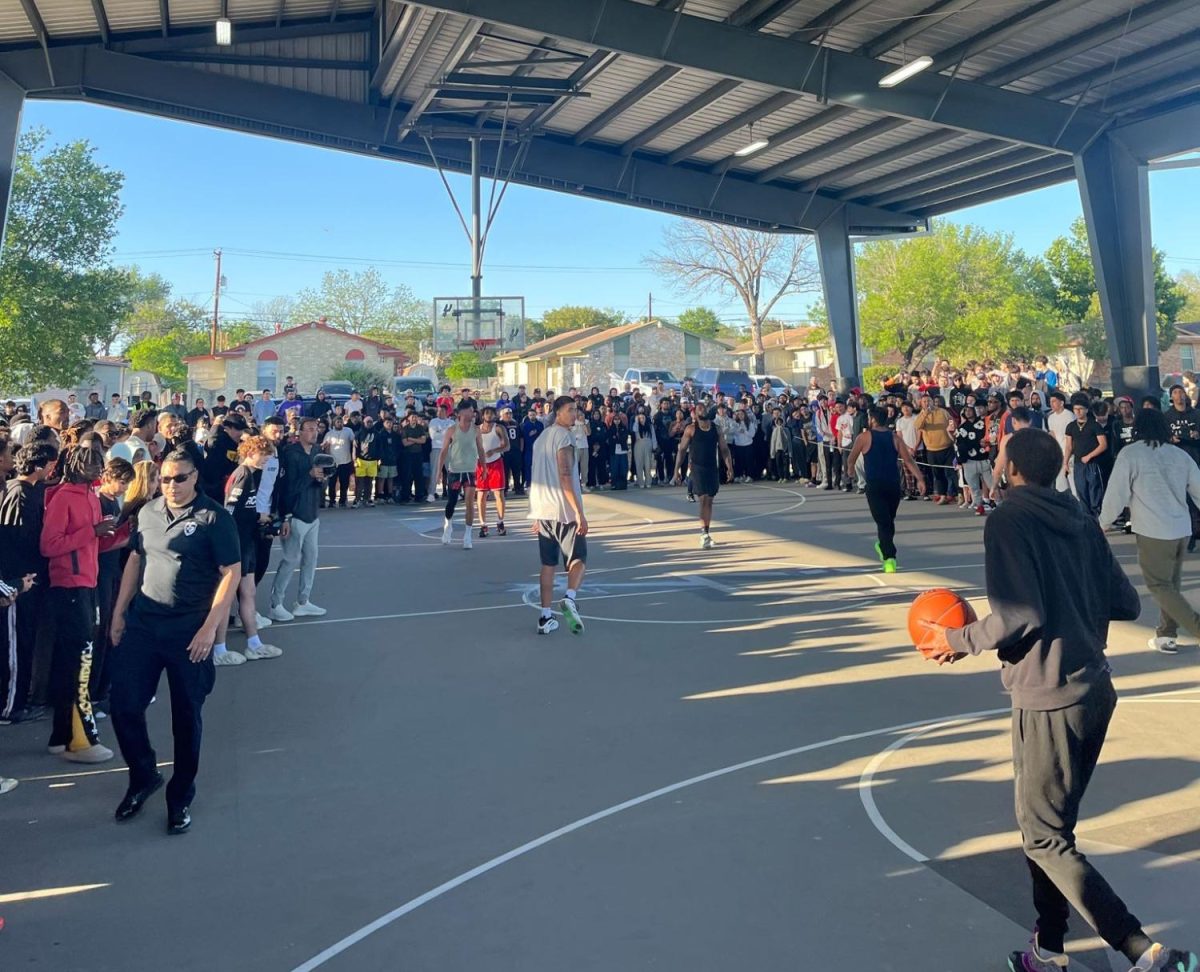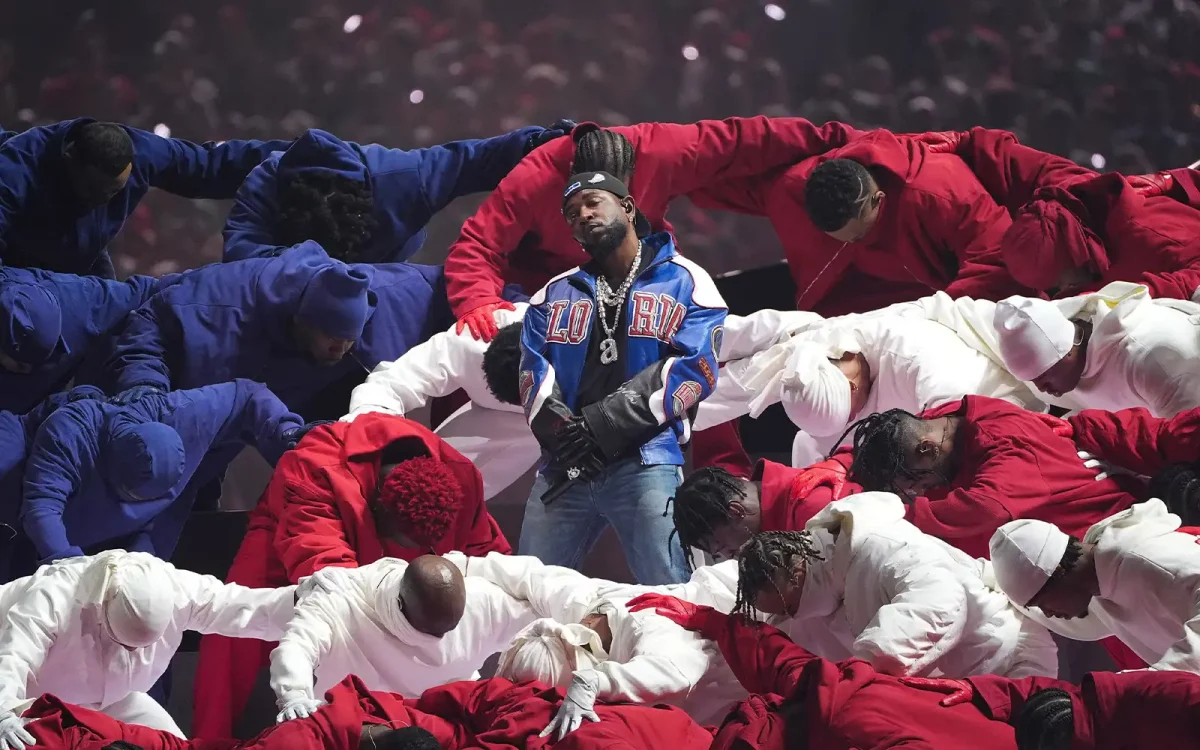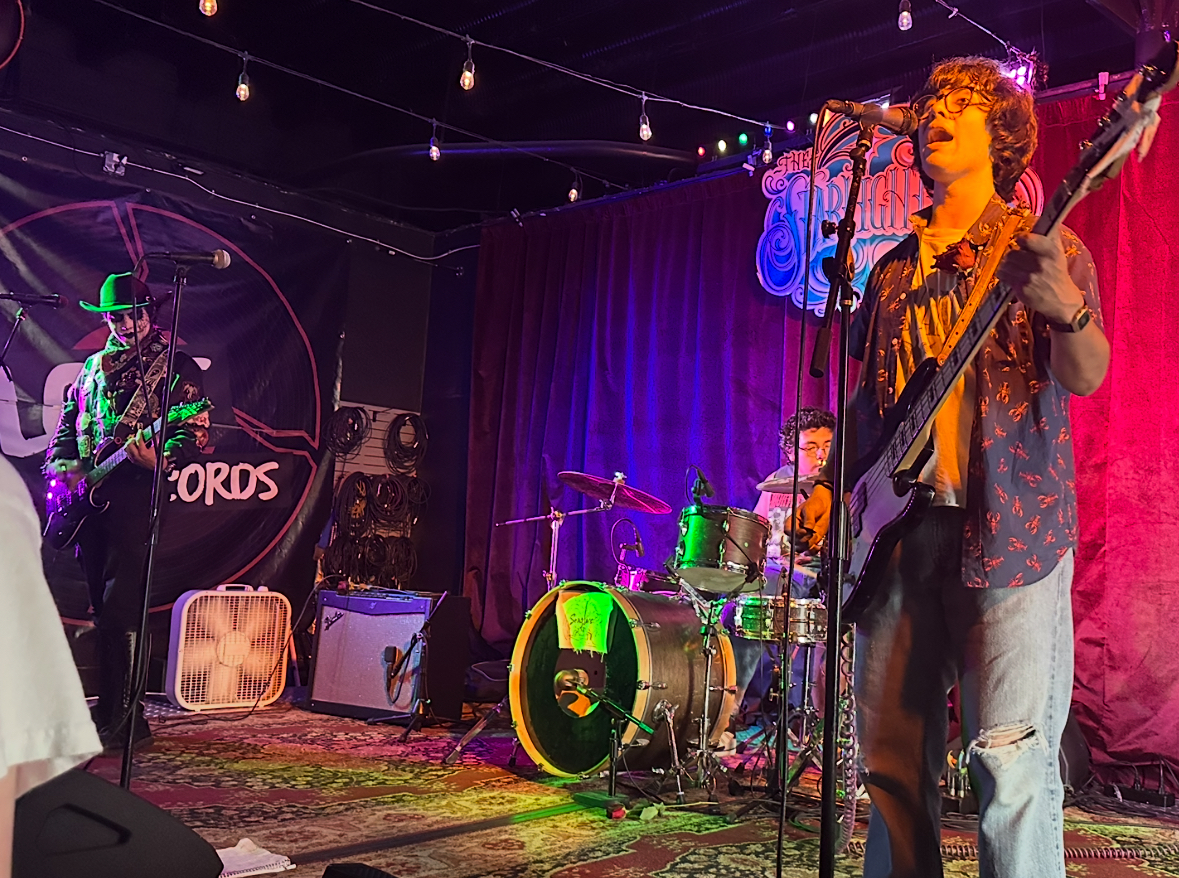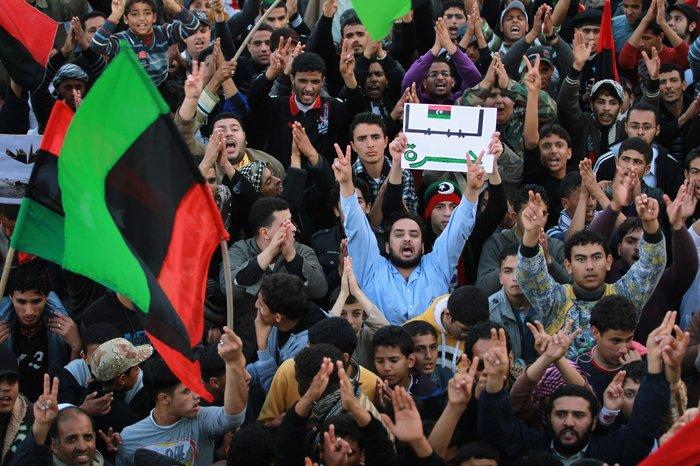At a time when many Americans would still be snoozing in bed, on the other side of the world, Libyan rebels and members of the National Transitional Council led an attack on Muammar Gaddafi’s compound in Sirte at 8am. The attack, lasting no more than ninety minutes, led to the death of the Libyan head of state.
During his forty-two year dictatorship over the Libyan people, Gaddafi supported international terrorism and lead violent military attacks against his country’s people.
A man of many paradoxes, Gaddafi argued against government sponsorship of terrorism, yet supported international terrorist groups, such as Al-Queda and Al-Shabab. Gaddafi also claimed responsibility for the hijacking of Pan Am 73 in 1986, resulting in the deaths of 176 people. He glamorized leaders of failing Middle Eastern states, while criticizing their social and political policies, and argued that a government must support its people while leading a violent oppression on the citizens of Libya.
Libyan citizens unanimously cheered Gadhafi’s downfall, which represented peace and joy and the new era for Libyan society.
“We have been waiting for this moment a very long time,” Libyan Prime Minister Mahmoud Jibril said.
Although the United States was not directly involved in the death of Muammar Gaddafi, President Obama made a statement regarding the newfound freedom of the Libyan people.
“The Gaddafi regime has come to an end, you (Libyan citizens) have won your revolution.” Obama said.
Although the Libyan citizens are free from a ruthless dictator, many students have mixed views on the impact of Muammar Gaddafi’s death.
“I believe the political implications open up space for another totalitarian regime if Libya doesn’t enforce a new government quickly,” senior Ian Dorsa said.
Libya’s population consists of nearly six million citizens, leaving the country quite vulnerable to outside influence.
“No matter who the target is, Americans and people around the world should not be celebrating the death of Gaddafi. The celebration will just incite more violence and flare up those who supported Gaddafi,” senior Justice Lovin said.
On the contrary, some students don’t believe Muammar Gaddafi’s death is important to world leaders, the United States, or the citizens that were oppressed by his reign.
“I don’t think it matters. He’s gone, and not much will probably change.” junior Craig Krapcha said.
Although Colonel Gaddafi’s death doesn’t affect citizens of the U.S directly, the huimanitarian mission in Libya sponsored by the U.S will be much more effective now that Gaddafi’s policies will not suppress valuable aid to Libyan citizens.
This new outlook for Libya is an important influence for other struggling nations and their societies. In the end, the passing of the oppressive dictator will allow for a new era for the Libyan people and a better Libyan government to work in the international diplomatic arena.


